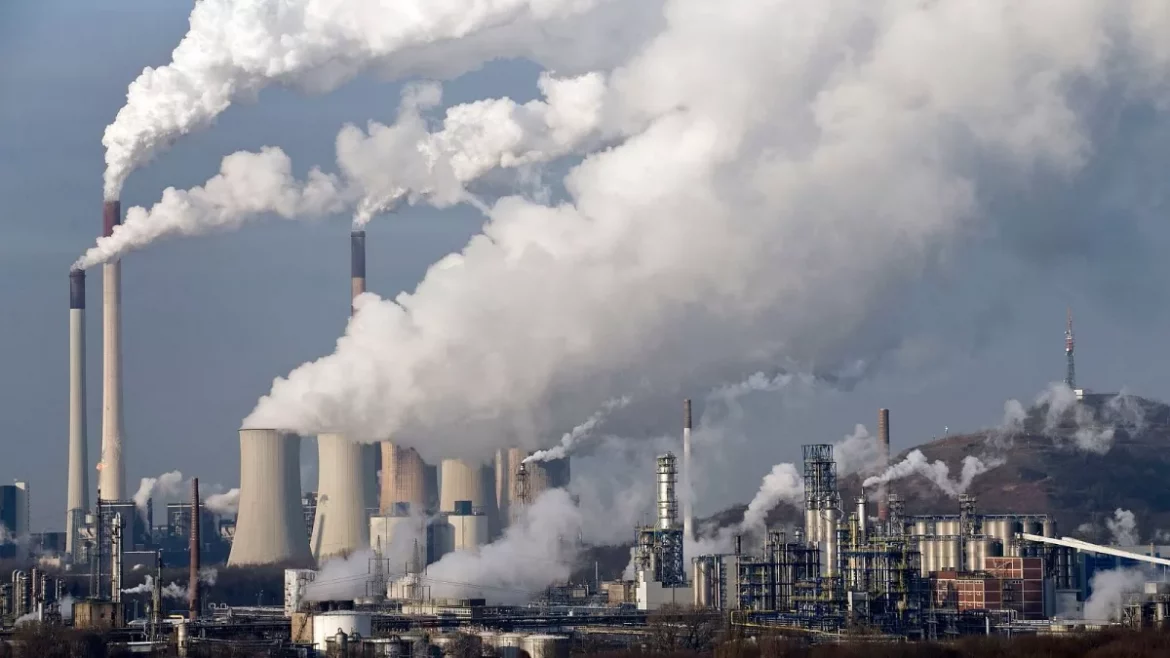A new report has shown that nearly 2,000 children under five are dying every day from air pollution, which has overtaken poor sanitation and a lack of clean water to become the second biggest health risk factor for young children around the world.
According to the new study from the Health Effects Institute (HEI), more than 8 million deaths, of children and adults, were caused by air pollution in 2021, as both outdoor and indoor pollution continue to take an increasing toll on health.
Dirty air is now the second biggest killer globally, overtaking tobacco use, and second only to high blood pressure, as a risk factor for death among the general population. Among children under five, air pollution is second only to malnutrition as a risk factor in mortality.
This year’s State of Global Air report, which was published by the HEI since 2017, and produced this year in partnership with Unicef, also shows that children in poor countries are suffering some of the worst impacts, with the death rate linked to air pollution in children under five 100 times higher in most of Africa than it is in high income countries.
Pallavi Pant, the lead author of the report and head of global health at HEI, pointed to the vast inequalities that the report has uncovered.
“Far too much of the burden [is] borne by young children, older populations, and low and middle income countries,” she said.
Read also: Umahi says building roads using concrete will help tackle climate change effects
Tiny particles called PM2.5 – meaning they are smaller than 2.5 micrometres in diameter – are to blame for more than 90% of global air pollution deaths, the report found. PM2.5 particles can enter the bloodstream and have been found to affect organs throughout the body. They have been found to be associated not only with lung disease but heart disease, stroke, diabetes, dementia and miscarriage.
The report showed how pervasive and damaging the prevalence of PM2.5 pollution has become, finding that the presence of elevated levels of the fine particles was now “the most consistent and accurate predictor of poor health outcomes” around the world.
Kitty van der Heijden, the deputy executive director of Unicef, said: “Our inaction is having profound effects on the next generation, with lifelong health and wellbeing impacts. The global urgency is undeniable. It is imperative that governments and businesses consider these estimates and locally available data and use it to inform meaningful, child-focused action to reduce air pollution and protect children’s health.”
Story was adapted from the Guardian.
